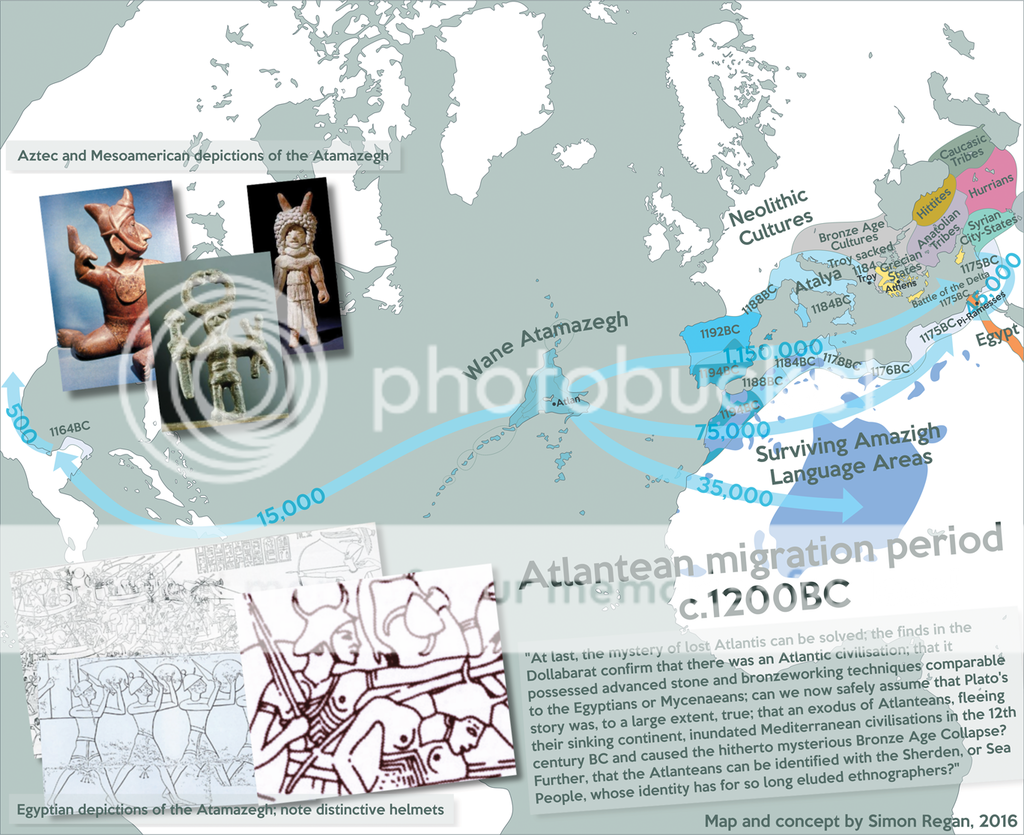Upvoteanthology
Donor
MotF 146: Atlantis Reborn
The Challenge
Make a map expanding on the world of Atlantis (yes, it's meant to be broad ).
).
The Restrictions
There are no restrictions on when your PoD or map may be set. Fantasy, sci-fi, and future maps are allowed, but blatantly implausible (ASB) maps are not. However, for this particular contest, some ASB is allowed.
If you're not sure whether your idea meets the criteria of this challenge, please feel free to PM me or comment in the main thread. Sometimes it isn't as clear as I intend it to be.
Please try to keep images posted in this thread a reasonable size - feel free to post a smaller version of your image and provide link to a full-size version if you want to.
---
The entry period for this round shall end when the voting thread is posted on Sunday, December 18th.
---
THIS THREAD IS FOR ENTRIES ONLY.
Any discussion must take place in the main thread. If you post anything other than a map entry (or a description accompanying a map entry) in this thread then you will be asked to delete the post. If you refuse to delete the post, post something that is clearly disruptive or malicious, or post spam then you may be disqualified from entering in this round of MotF and you may be reported to the board's moderators.
Remember to vote on the previous MotF round!
The Challenge
Make a map expanding on the world of Atlantis (yes, it's meant to be broad
The Restrictions
There are no restrictions on when your PoD or map may be set. Fantasy, sci-fi, and future maps are allowed, but blatantly implausible (ASB) maps are not. However, for this particular contest, some ASB is allowed.
If you're not sure whether your idea meets the criteria of this challenge, please feel free to PM me or comment in the main thread. Sometimes it isn't as clear as I intend it to be.
Please try to keep images posted in this thread a reasonable size - feel free to post a smaller version of your image and provide link to a full-size version if you want to.
---
The entry period for this round shall end when the voting thread is posted on Sunday, December 18th.
---
THIS THREAD IS FOR ENTRIES ONLY.
Any discussion must take place in the main thread. If you post anything other than a map entry (or a description accompanying a map entry) in this thread then you will be asked to delete the post. If you refuse to delete the post, post something that is clearly disruptive or malicious, or post spam then you may be disqualified from entering in this round of MotF and you may be reported to the board's moderators.
Remember to vote on the previous MotF round!
